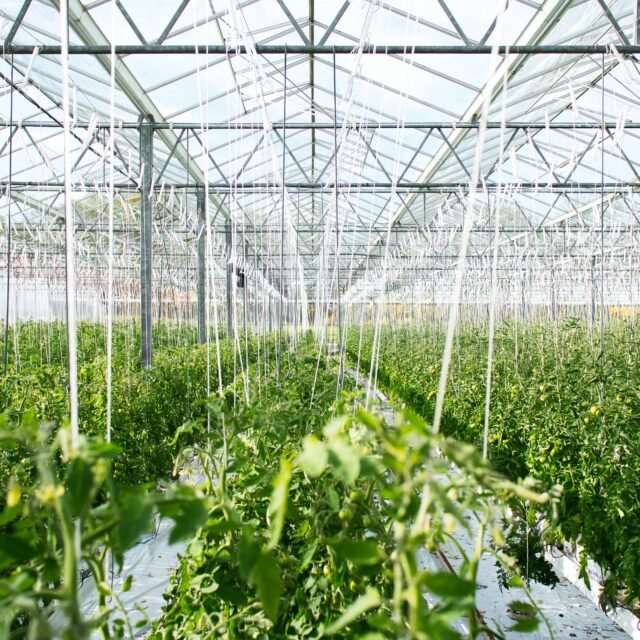Photo by Simon Goetz on Unsplash
The global food price crisis has only been exacerbated by the war in Ukraine.
It is actually due to more structural and systemic problems in the commodities market, creating hunger and threatening people’s livelihoods, points out the European Economic and Social Committee (EESC) in its own initiative opinion, adopted at the December plenary.
Fuelled by conflict, climate shocks and COVID-19, the food price crisis is escalating as the war in Ukraine drives up the costs of food, fuel and fertilizers.
A record food price index was registered in 2022 in a context of increasing food insecurity worldwide.
However, the scope and scale of the current price volatility can only be partially explained by market fundamentals.
One of the underlying flaws in the food system that has turned the Ukraine crisis into a global food security crisis is the opaque and dysfunctional nature of grain markets.
”Do not play with food, my grandmother used to say. Yet today many people are forgetting the real value of food and they are playing on it. Our opinion on food speculation shows clearly that the current commodity market is not delivering for sustainable development, climate ambition and just transition. On the contrary, it undermines the efforts to solve hunger and foster fair revenues and prices” said the rapporteur of the opinion, Peter Schmidt, president of the Agriculture, Rural Development and Environment (NAT) section.
In particular, the opinion stresses that global physical grain trade is highly concentrated. Four companies control an estimated 70-90 per cent of global grain trade. “While increasing food prices threaten food security globally, large trading firms are profiting. This is unacceptable!”, he said
The EESC urges Member States and EU institutions to take the necessary steps to curb excessive commodity speculation, while recognising that commodity derivative markets fulfil key services to the producers and users of food commodities, namely risk management and price discovery. In particular, the EESC recommends:
· Regulating the futures market for food derivatives, as was the case for several decades until the end of the last century, which preserves the function of futures for hedging.
· Regulating indexes (commodities indexes and food indexes), in particular by regulating and banning commodity index funds and replication via swaps and exchange traded products, as this maximises the link between energy and food markets.
· Addressing the financialisation of the food sector asmassive money-making off the backs of people, e.g. by introducing a global windfall taxation on excess profits before dividends of trade and financing corporations and a food speculation tax to curb high frequency trading, as well as breaking oligopolies at all levels of the international food trade chain and financial interests.
· Enhancing market transparency, in particular by improving environmental, social and governance (ESG) reporting and non-financial disclosure of actors involved in speculation.
“There is no food scarcity. Due to the conflict, there is indeed a temporary shortage and a serious disruption in the food supply chain. But the main problem is distribution!”, concluded the rapporteur.




